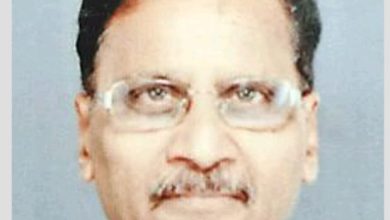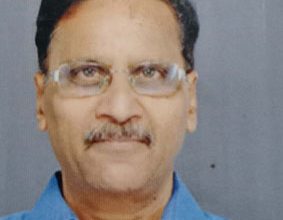Courts Limitations
Beyond Panacea?

In the halls of justice, a mounting crisis threatens the very core of our judicial system. The Union government recently revealed distressing figures, shedding light on the escalating number of pending cases in our courts.
With over 70,000 cases pending in the Supreme Court, a staggering 60 lakh in the high courts, and a mind-boggling 4.4 crore in the district and subordinate courts, it is evident that we face an arduous battle ahead. Who should shoulder the responsibility for this alarming state of affairs? The blame game echoes through the corridors of power, with each segment pointing fingers at the other.
Last year, the Chief Justice of India NV Ramana held the executive and legislative branches accountable, blaming their inaction and deficiencies for the overwhelming caseload. However, amidst this finger-pointing, one voice rises above the rest: the Union Government asserts that the disposal of pending cases falls “within the domain of the judiciary.” Yet, merely assigning blame will not rectify the situation. The esteemed Supreme Court bench of Justice SK Kaul and Justice Sudhanshu Dhulia has astutely proclaimed that courts cannot be the panacea for every societal ill.
Their statement, though in response to a particular petition, resonates beyond a single case and demands a broader examination of the issue at hand. Society, as a whole, must evolve to ensure that the burden of change does not rest solely on the judiciary. It is irrefutable that a significant delay in filling judicial vacancies hampers the administration of justice.
The appointment of judges should be a collaborative process involving both the executive and the judiciary. Additionally, certain central and state laws contribute to the proliferation of excessive and frivolous litigation, further exacerbating the problem. Nevertheless, we must recognize that not every matter demands adjudication in the courtrooms. Common citizens often shy away from the complex and time-consuming legal processes due to various factors – lack of awareness, financial constraints, and the fear of prolonged litigation.
As a result, many opt for alternative methods of resolution, leaving the courtrooms free for more critical matters. Conversely, there exist individuals well-equipped with financial prowess who exploit the system for their gain, prolonging cases for their advantage rather than seeking true justice. Moreover, historical instances of judicial overreach have inadvertently encouraged certain sections of society to flood the courts with endless litigations, leaving many important matters unresolved.
While the judiciary endeavors to uphold justice, accessibility remains a challenge for the common man. In some high-profile cases involving politicians, activists, and even terrorists, the courts have exhibited unwavering dedication, even working beyond regular hours. This has sparked discussions on judicial accountability, as the public expects unbiased treatment regardless of the parties involved.






